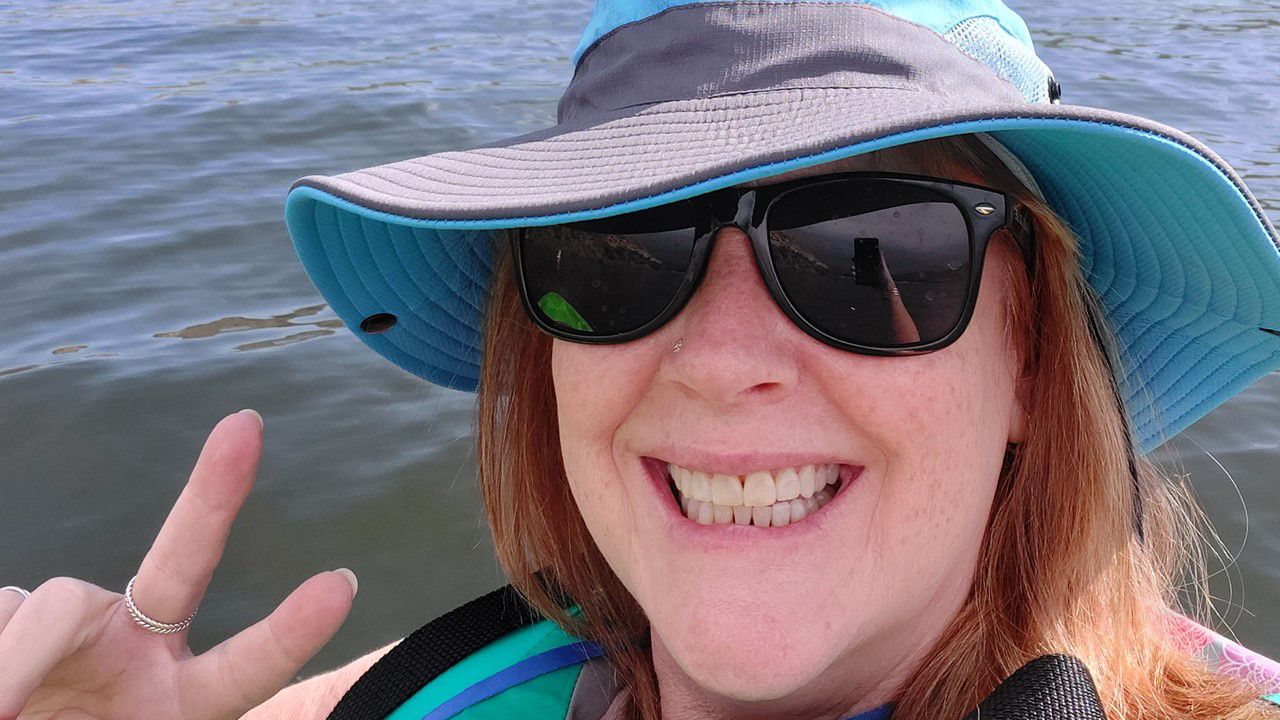“I think that positive mental attitude really helped me to stay focused and moving ahead. I went into surgery laughing. I came out of surgery laughing.” – LuAnn Klein, Humana Health Educator
Affecting
Breast cancer screening
For LuAnn, breast cancer runs in the family. “My mother had breast cancer very late in life. She was nearly 80 years old. But her mother passed away from breast cancer in her 40s,” LuAnn said. “And my aunts have developed breast cancer, too.”
“I was very diligent with mammograms all throughout my life, so I never missed one,” said LuAnn. “I never had anything show up as being questionable, so I thought it was pretty good. I have encouraged my siblings to keep up with their cancer risk screenings.”
The
Types of breast screening and diagnostic tools:
Mammogram – An x-ray of the breast using very low amounts of radiation that remains one of the best tools for early detection of breast cancer. Mammograms can be used for routine screening and diagnostic screening.Ultrasound – A machine that uses sound waves to create images of breast tissue. Ultrasound is helping in detecting the difference between fluid-filled and solid masses. It can also be used to help guide a needle during biopsy.Magnetic resonance imaging (MRI) – A machine that produces very detailed images of the breast using powerful magnets and radio waves. Breast MRI can be used for diagnostic screening or routine screening for people who are at higher risk of breast cancer.Biopsy – A test during which samples of breast tissue are removed and tested for atypical cells which may or may not indicate cancer. There are several methods for obtaining a biopsy, such as fine-needle aspiration, core-needle biopsy, excision/open biopsy or punch biopsy
LuAnn’s breast cancer diagnosis
“2020 had been a rough year for everyone, but there was just something nagging at me, and my energy level was terrible. I thought there's got to be something I can do to feel better.”
LuAnn talked to her doctor. Laboratory results and a routine mammogram came back suspicious. She underwent a
Words of encouragement
“When first diagnosed, there are a lot of choices and all the information [can be overwhelming]. It is very traumatic and very taxing. You're afraid to make the wrong decision,” said LuAnn. “But honestly there are no wrong decisions. It's having the faith and trust in your healthcare team to help guide you in making the decision that's the right one for you.”
View more of LuAnn’s story at
During Breast Cancer Awareness Month, please remember these
- Listen to your inner voice and advocate for your health needs
- Live and encourage a healthy lifestyle
- Follow screening guidelines and get recommended mammograms
- Increase awareness of breast cancer and encourage others to take action, too
Learn more about Humana’s support of


